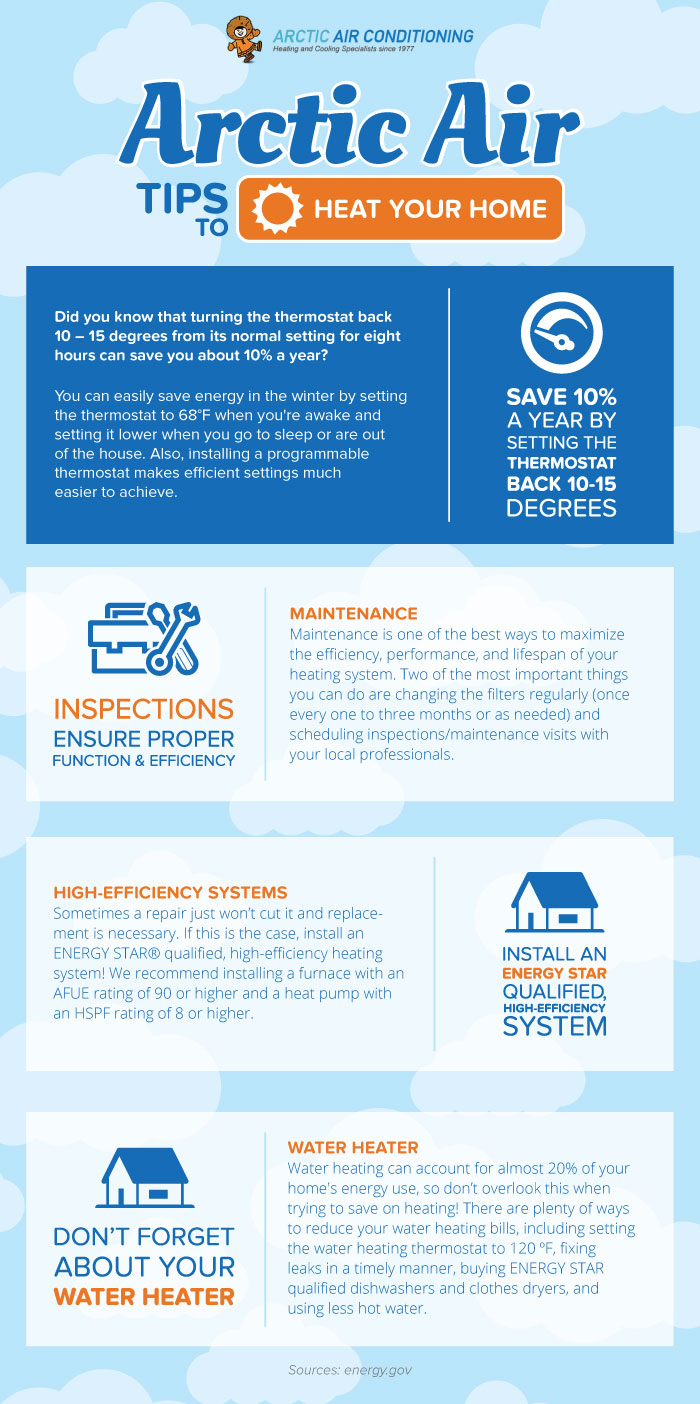The Future Of Home Heating - Exactly How Heat Pump Modern Technology Is Developing
The Future Of Home Heating - Exactly How Heat Pump Modern Technology Is Developing
Blog Article
Post By-Baker Goff
Heatpump will be a crucial modern technology for decarbonising heating. In a situation consistent with federal governments' announced energy and environment dedications, their international ability increases by 2030, while their share in heating rises to one-quarter.
They work best in well-insulated homes and rely on electrical energy, which can be provided from a renewable power grid. Technical innovations are making them a lot more efficient, smarter and cheaper.
Fuel Cells
Heat pumps use a compressor, cooling agent, coils and followers to move the air and warmth in homes and appliances. They can be powered by solar energy or power from the grid. They have been getting appeal because of their low cost, quiet procedure and the ability to generate electrical energy during peak power demand.
Some business, like IdaTech and BG MicroGen, are dealing with fuel cells for home heating. These microgenerators can change a gas boiler and create a few of a house's electrical needs with a connection to the electricity grid for the remainder.
Yet there are reasons to be skeptical of using hydrogen for home heating, Rosenow claims. It would certainly be expensive and inefficient contrasted to various other innovations, and it would certainly contribute to carbon discharges.
Smart and Connected Technologies
Smart home modern technology enables home owners to attach and control their gadgets remotely with using smart device apps. For space-saving heating solutions christchurch , smart thermostats can learn your home heating choices and immediately adjust to enhance power usage. Smart lights systems can be controlled with voice commands and immediately switch off lights when you leave the space, reducing energy waste. And smart plugs can check and handle your electrical use, permitting you to identify and restrict energy-hungry home appliances.
The tech-savvy house illustrated in Carina's meeting is a great image of just how owners reconfigure area home heating practices in the light of new smart home technologies. They depend on the devices' computerized functions to execute day-to-day adjustments and regard them as a convenient means of conducting their home heating methods. Because of this, they see no factor to adapt their techniques further in order to enable flexibility in their home power demand, and interventions targeting at doing so might encounter resistance from these households.
Electricity
Since warming homes represent 13% of US exhausts, a button to cleaner options can make a big distinction. But the modern technology encounters obstacles: It's costly and needs considerable home renovations. And it's not always suitable with renewable resource sources, such as solar and wind.
Till just recently, electric heatpump were too expensive to take on gas designs in most markets. Yet new technologies in layout and products are making them more inexpensive. And better chilly environment performance is enabling them to work well also in subzero temperatures.
The next step in decarbonising heating might be using heat networks, which attract warmth from a central resource, such as a neighboring river or sea inlet, and distribute it to a network of homes or structures. That would certainly decrease carbon emissions and allow houses to make use of renewable energy, such as environment-friendly electricity from a grid provided by renewables. This choice would certainly be much less pricey than switching over to hydrogen, a nonrenewable fuel source that calls for new framework and would only reduce carbon dioxide emissions by 5 percent if paired with enhanced home insulation.
Renewable Energy
As electrical power prices drop, we're beginning to see the same trend in home heating that has actually driven electrical cars and trucks right into the mainstream-- but at an even quicker rate. The solid environment situation for impressive homes has been pushed better by brand-new research.
mitsubishi air conditioning units for sale make up a significant share of contemporary warm intake, yet have actually been offered restricted plan interest around the world contrasted to other end-use sectors-- and even much less focus than electrical power has. In part, this reflects a mix of consumer inertia, divided incentives and, in several nations, subsidies for fossil fuels.
New modern technologies could make the change easier. For instance, heatpump can be made much more energy efficient by replacing old R-22 cooling agents with new ones that do not have the high GWPs of their predecessors. Some experts likewise visualize area systems that draw warmth from a nearby river or sea inlet, like a Norwegian fjord. The cozy water can after that be used for heating & cooling in a community.